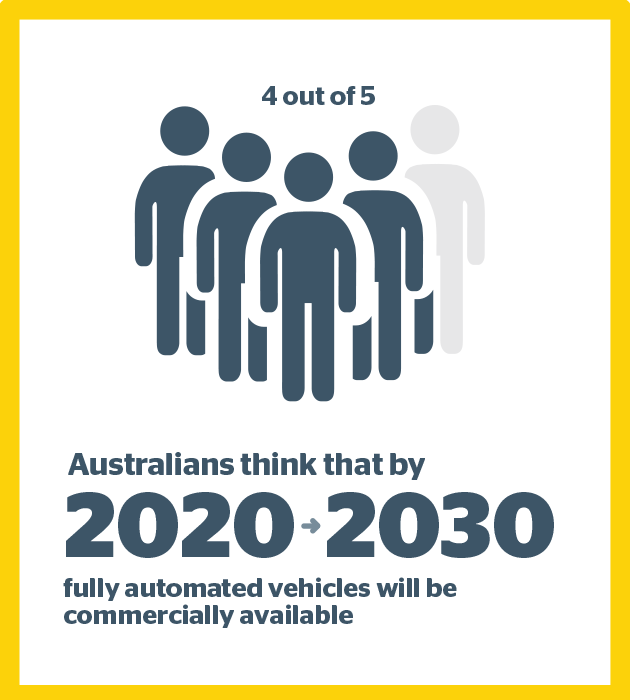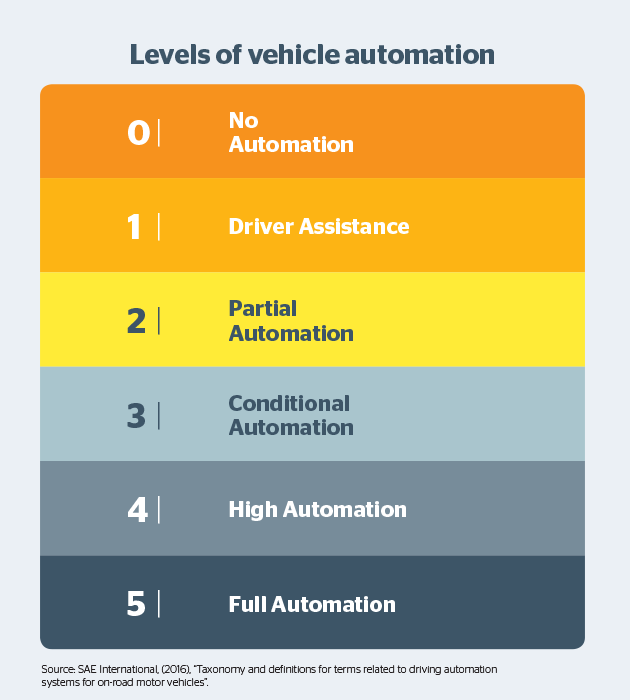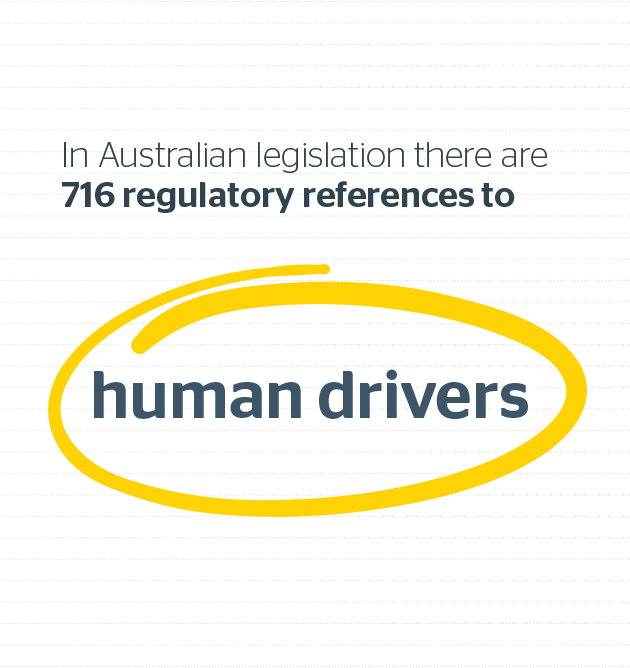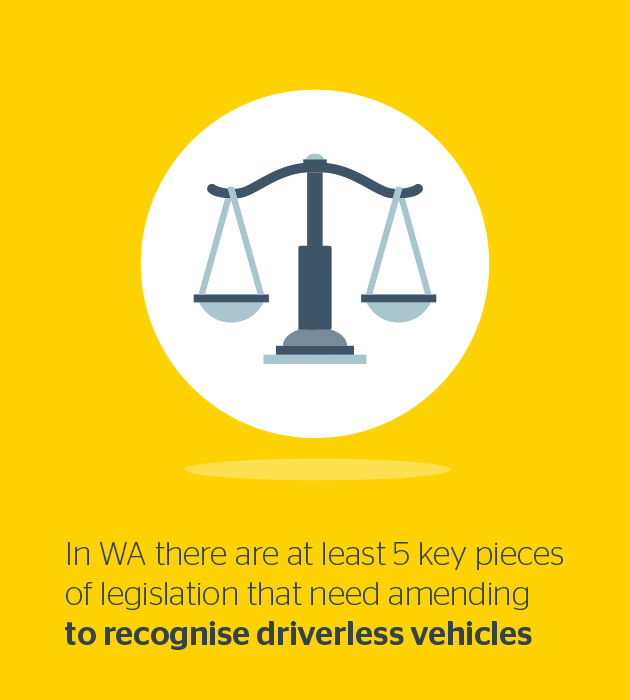14 September, 2018
Driverless vehicle technology is moving fast and a new era of mobility is just over the horizon - but are we ready?
There are currently 25 trials of vehicles that require no human driver taking place throughout Australia, with more to come. Which means, person by person, we're being introduced to the future that includes driverless technology.
In WA alone, a driverless electric bus - the RAC Intellibus® - has taken more than 10,000 members of the public on their very first driverless ride along a road in South Perth as part of RAC's Automated Vehicle Program.
Taking it up a notch, a new autonomous vehicle (AV) trial is about to get underway in Perth with the RAC Intellicar™, testing driverless passenger vehicles as an on-demand shared mobility service in Perth, paving the way for a future where you can call a driverless car up on an app to take you where you need to go.
Community response
So the technology is moving very quickly, but interestingly, community sentiment seems to be keeping pace.
According to the latest wave of RAC’s community perceptions research, more than two-thirds (71 per cent) of Western Australians believe automated vehicles will provide enhanced freedom and independence for the young, aged, and those with mobility difficulties.
Nearly half feel that they would be very likely or extremely likely to make trips in a privately-owned autonomous vehicle and more than a third are receptive to making trips through a public or shared service.
Unprompted, many believe that automated vehicles will be a reality within the next decade, which is the timeframe that most manufacturers are claiming that their own automated vehicles will be released into the market.

The automated transition has already started...
The positive sentiment might have something to do with the fact that automated technology is already a feature in most modern vehicles.
Familiar functions like cruise control, lane centering and adaptive cruise control are found in many vehicles, which places then at Level 1 or Level 2 on the automation scale.
Vehicles that have Level 3 automation can perform all safety-critical functions under certain conditions, including lane changing and lane centering.
The RAC Intellibus® is a Level 4 autonomous vehicle, using LIDAR, cameras, GPS and odometry to transport its passengers safely on the road.
Level 5 is not far away...

Amending the law
But while technology and community sentiment continue to move forward, the rules that govern road rules, registration of vehicles, licensing of drivers and insurance have not changed.
Not only does every state and territory has different legislation around all these aspects of driving, current laws in every Australian state and territory recognise a human driver, and most require a human driver to be in control of the vehicle.
Few jurisdictions define what it means to be in control of a vehicle, which becomes a key talking point when driverless technology is being used.

In WA, a driver is defined as being any person driving a vehicle or animal. Driving is defined as having control over the steering, movement or propulsion of the vehicle.
Obligations relating to driving and road safety, by complying with traffic laws, are placed on a human driver, and the human driver is responsible for the consequences of noncompliance.
This means there is a significant number of changes required to both Federal and State legislation and regulations before autonomous vehicles can truly take to our roads.

Enjoy this story? Get more of the same delivered to your inbox. Sign up to For the Better eNews.
Australia's first driverless trial
Back in 2015 RAC launched the first automated vehicle trial in Australia with the RAC Intellibus® with support from the WA State Government and the City of South Perth. The idea of behind the trial was to begin introducing the community to the idea of driverless technology to gauge the shift required in community sentiment to make autonomous vehicles more commonplace.
RAC's Intellicar™ trial
Perth is just one of three cities in the world to trial and test driverless passenger vehicles, which are designed as an on-demand shared mobility service.
The Intellicar™ will be tested in a three stage trial, culminating in participants able to call up a vehicle and travel to a destination within a a selected precinct.
